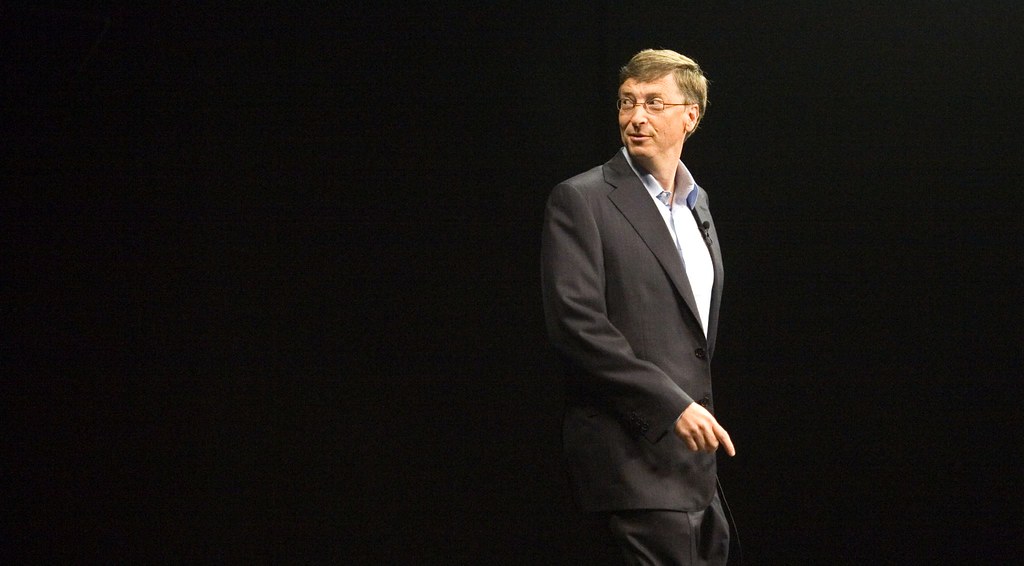In his privilege speech before the US Congress, Daniel Pianko, the managing director and co-founder of University Ventures proposes four changes before the US Congress that should be included in the Higher Education Act (HEA) as a way to connect and gain mutual success between the college degree and future employment of the students.
Pianko was a Principal of Knowledge Investment Partners, LLC. He served as an Investor and Advisor to education companies in their strategic and development initiatives. He was an Associate at Ameriquest Capital Group. He began his career as an Investment Banking Analyst at Goldman Sachs, where he advised on over a billion dollars of transactions.
Pianko declared that 40 percent (40%) in college grads are underemployed in their first job. He also stated that if it stays as it is, two-thirds of the 40 percent (40%) will still end up as underemployed in the next five years. Another half of the two-thirds will still persist as underemployed after ten years.
He noted that
“About five million of those require some significant amount of training and skilling-up. While people are thinking 20 to 30 years out into the future, people should really be talking about how we fill seven million unfilled positions today.”
Getting into a good school seems to be the best path for the best chance to be hired for a good job in a long time. But in the modern world today, this appears no longer the case.
Graduates entering the job market
As new technologies emerge, meaningful employment gets tough. The nature of work today seems to have been affected by having the needed new skills that aren’t provided by the majority of schools and universities. Pianko deplores that,
“Too many people in think-tanks are talking about what happens when the singularity occurs, and AI becomes a dominant force in society. And the reality is we’ve got seven million unfilled jobs today.”
With the troubling high rate of underemployment, Pianko believes that colleges aren’t giving enough for the students to thrive once they were out of the school gates.
“Most universities are not preparing their students for the future of work. And that’s something that I think many colleges should be doing, especially the community colleges, state colleges, the non-R1 (doctoral research) institutions. There’s a lot of money already being spent. It’s just deployed against general human capital as opposed to skills-specific human capital. And that shift can happen tomorrow.”
The future of work
Pianko reveals that only five percent (5%) or 4,000 are taking action to address this issue. And by that, it wouldn’t be enough “to fill the seven million unfilled positions today.”
Around eighty-five percent (85%) of job openings can be read and apply online. To deal with the huge wave of applications, companies have to resort to an automated tracking system that heavily relies on keywords. The keyword funnel is typically more attuned to a certain specific digital skill which can only be attained by gaining related experiences outside of the classroom.
“I think that what is going to be one of the defining characteristics of successful companies in the next five to 10 years is adjusting to this new world of work where high-skilled talent you actually have to grow yourself or figure out a way to contract in one of these pathways to employment in order to get the quality of people that you need and really specialized skill sets.”







